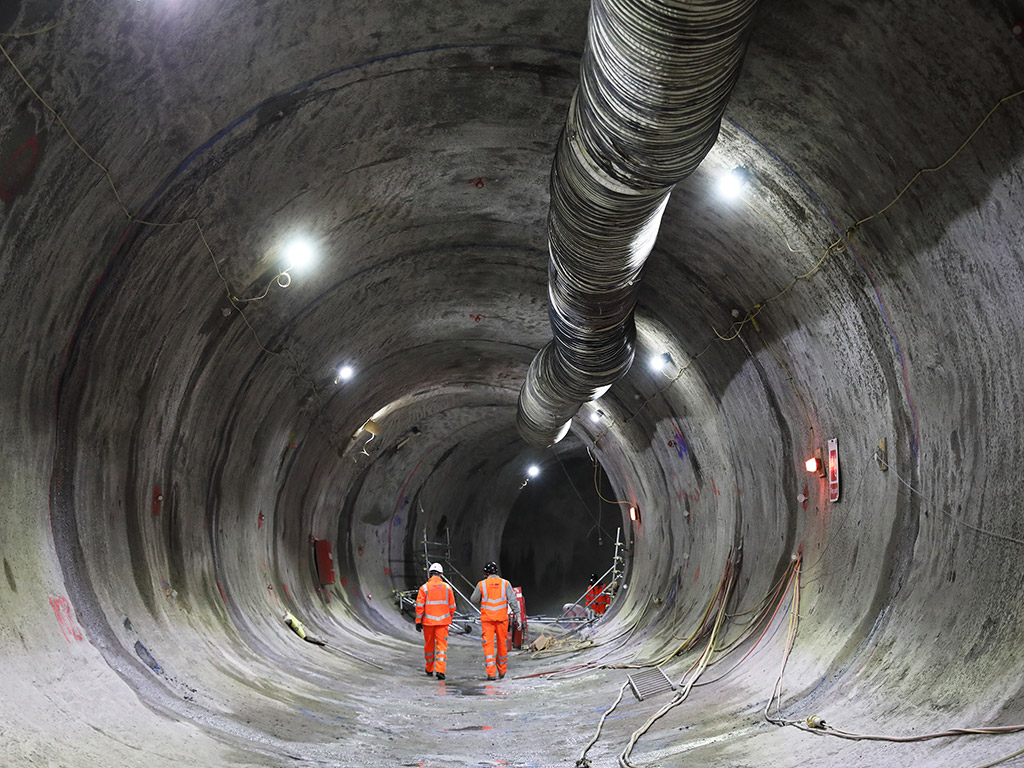
Rishi Sunak has been handed a nice little line to take to Tory conference in the form of the latest quarterly GDP figures, which show Britain’s economy is growing faster than France or Germany since Covid. Global Britain is on top! Of France and Germany. Which are at the bottom of the G7 recovery table. So it’s third from bottom, unless you count from the beginning of 2022, in which case it slips into second-last place.
Sunak may be less inclined to get into detail that our GDP has been boosted by a rise in real incomes, partly as the result of the public sector pay settlements achieved by striking workers, or that the way in Britain is very much leading the world is in revising its pandemic-era GDP figures, using supply and use tables (SUTs), which at the beginning of this month allowed the ONS to revise Britain’s GDP growth upwards by 1.1 per cent (a chunky figure – the IMF expects the UK economy to grow 0.4 per cent this year). As the ONS said at the time, “the UK is one of the first countries in the world to estimate the 2020 and 2021 coronavirus (COVID-19) pandemic period through the SUT framework”. The narrative could well change again when Germany decides to use the same accounting measures as us.
Accounting measures are also at the heart of the issue Sunak won’t want to talk about in Birmingham: HS2. Having spent much of this week refusing to answer the question of whether he is going to delay the high-speed line into another parliament, or further trim it, we will see if he runs out of robotic comments about pot holes (which, I might add, are the responsibility of local authorities – not exactly known for perfect accounting themselves).
HS2 is the consummate example of a great idea ruined by optimistic accounting. Take the much-maligned cost overruns: these are not really overruns on what anyone thought the real cost of building the new line would be, but overruns on the estimates that were made when the plan itself was little more than a line on a map – estimates that one civil servant who worked on the project described to me as “like asking a builder to quote you for a kitchen extension without letting him into the house” – and had to be sold to the Treasury.
However, it wasn’t just that the Treasury didn’t want HS2 to spend too much money. HMT also appraised HS2’s spending plans in terms that were unrealistic, which led to a “business case” that was too ambitious on the number of trains that would run per hour, which meant the track and everything around it has all been specified to handle a huge volume of services that most of the people involved know will never actually run.
At the same time it became politically necessary to get HS2 built as quickly as possible, which led planners to take very expensive measures to stabilise the ground under the track to prevent it settling, rather than digging the ground and giving it a couple of winters to settle itself. But because some MPs also wanted a huge railway capable of carrying tens of thousands of people a day at 225mph to be built through their constituencies without too much fuss, hugely expensive tunnels were added. The costs were further distended by the competing priorities of local authorities and government departments: I’m told that at one point the taxpayer was funding the careful rehoming of badgers via HS2, while at the same time paying for Defra to exterminate the poor creatures.
This was all known by everyone involved for a long time: George Osborne, for example, was informed in 2016 that the line would overrun its costs by a ten-figure sum, but somehow mislaid that information in the excitement of getting parliamentary consent for it; it took three years for the information to become public. So when Osborne calls the threat to HS2 today a “gross act of vandalism”, he’s leaving off a few words “by me, and my failure to acknowledge what a huge infrastructure project would actually cost”.
This is why such projects in Britain end up being trimmed to the point of uselessness: it is not so much that we can’t afford them but that, like every Grand Designs homeowner, we refuse to admit how much it’s actually going to cost.
[See also: Labour is right to strike a note of caution over HS2]






